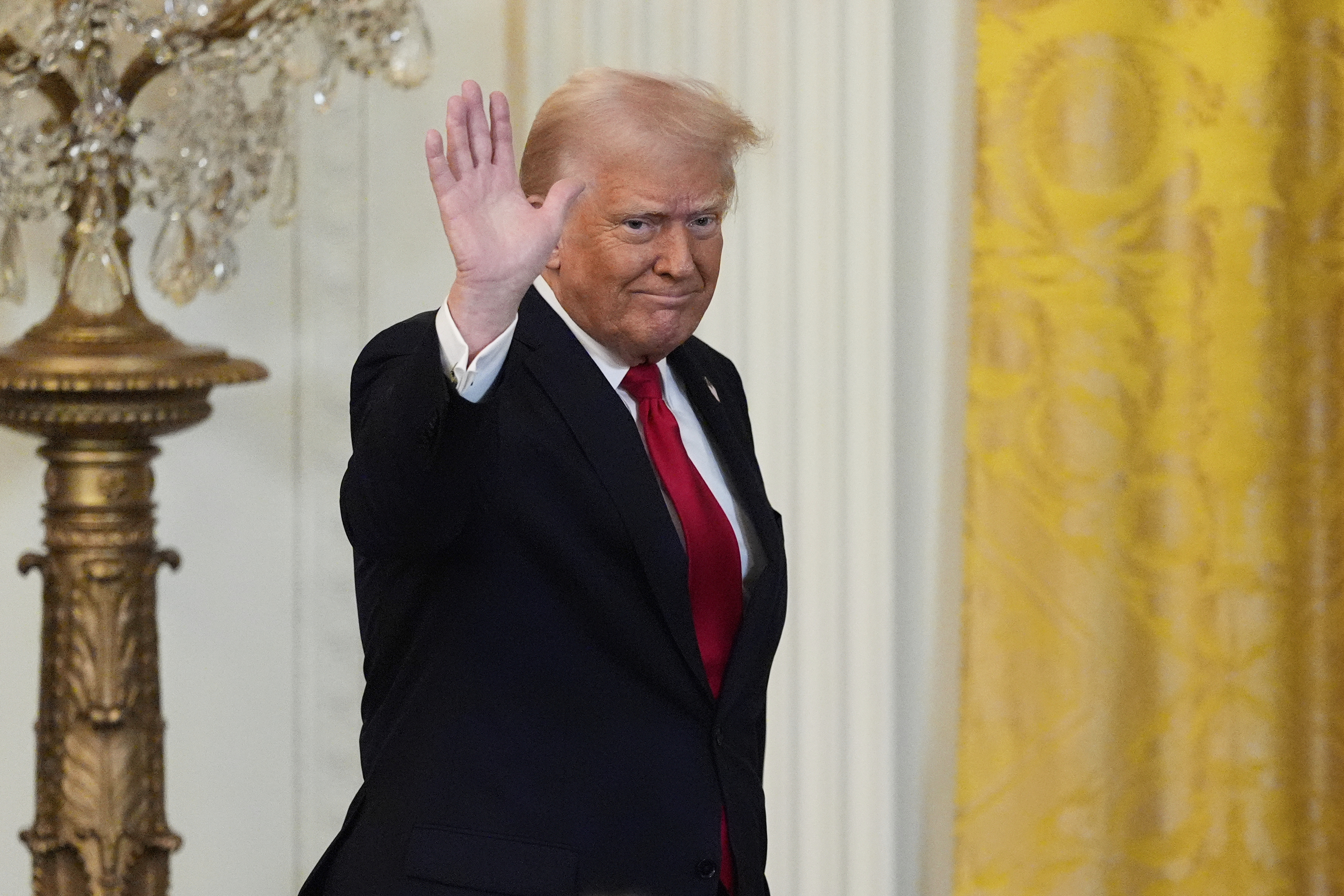Canadian Prime Minister Mark Carney has said that US President Donald Trump's auto tariffs are a "direct attack" on his country and that the trade war is hurting Americans, noting that American consumer confidence is at a multi-year low.
Trump said earlier on Wednesday that he was placing 25 percent tariffs on auto imports and, to underscore his intention, he stated, "This is permanent."
"This is a very direct attack," Carney responded.
"We will defend our workers. We will defend our companies. We will defend our country."
Carney said he needs to see the details of Trump's executive order before taking retaliatory measures.
He called it unjustified and said he will leave the election campaign to go to Ottawa on Thursday to chair his special Cabinet committee on US relations.
Carney earlier announced a $1.4 billion "strategic response fund" that will protect Canadian auto jobs affected by Trump's tariffs.
Autos are Canada's second-largest export.
Carney noted the sector employs 125,000 Canadians directly and almost another 500,000 in related industries.
"Canada will be there for auto workers," he said.

Trade war
Trump previously granted a one-month exemption on his stiff new tariffs on imports from Mexico and Canada for US automakers.
The president has plunged the US into a global trade war — all while on-again, off-again new levies continue to escalate uncertainty.
"His trade war is hurting American consumers and workers and it will hurt more. I see that American consumer confidence is at a multi-year low," Carney said earlier while campaigning in Windsor, Ontario ahead of Canada's April 28 election.
The tax hike on auto imports starting in April means automakers could face higher costs and lower sales.
Trump previously placed 25 percent tariffs on Canada's steel and aluminium and is threatening sweeping tariffs on all Canadian products — as well as on all of America's trading partners — on April 2.
"He wants to break us so America can own us," Carney said.
"And it will never ever happen because we just don't look out for ourselves, we look out for each other."
Carney, a former two-time central banker in Canada and the UK, made the earlier comments while campaigning against the backdrop of the Ambassador Bridge, which is considered the busiest US-Canadian border crossing, carrying 25 percent of all trade between the two countries.
"The relationship between Canada and the United States has changed. We did not change it."
In the auto sector, parts can go back and forth across the Canada-US border several times before being fully assembled in Ontario or Michigan.
Ontario Premier Doug Ford, whose province has the bulk of Canada's auto industry, said auto plants on both sides the border will shut simultaneously if the tariffs go ahead.
"President is calling it Liberation Day. I call it Termination Day for American workers. I know President Trump likes tell people 'Your fired!' I didn't think he meant US auto workers when he said it," Ford said.
'He's done this twice'
Trump has declared a trade war on his northern neighbour and continues to call for Canada to become the 51st state, a position that has infuriated Canadians.
Canadians booed Trump repeatedly at a Carney election rally in Kitchener, Ontario.
The new prime minister, sworn in March 14, still hasn't had a phone call with Trump.
It is unusual for a US president and Canadian prime minister to go so long without talking after a new leader takes office.
"It would be appropriate that the president and I speak given the action that he has taken. I'm sure that will happen soon," Carney said.
Opposition Conservative leader Pierre Poilievre said the tariffs will damage American auto workers just as they will damage Canadian auto workers.
"The message to President Trump should be to knock it off," Poilievre said.
"He's changed his mind before. He's done this twice, puts them on, takes them off. We can suspect that may well happen again."



















